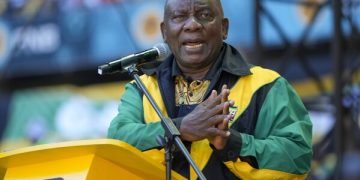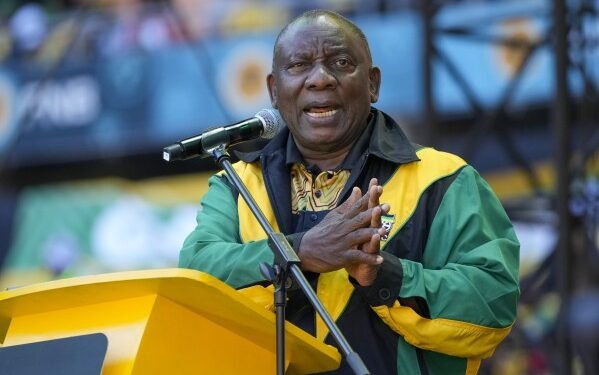In a historic turn of events, South Africa’s recent elections have signaled a significant shift in the country’s political landscape. The African National Congress (ANC), which has dominated South African politics since the end of apartheid in 1994, has seen its once unassailable supremacy erode. This election marks the beginning of a new era in South African politics, characterized by increased political competition and a diversifying electorate.
Decline of the ANC
The ANC, once the vanguard of the anti-apartheid struggle and the party of Nelson Mandela, has faced growing disenchantment among South Africans. Corruption scandals, persistent economic struggles, and widespread service delivery failures have contributed to a steady decline in the party’s support. In the recent elections, the ANC failed to secure an outright majority, a stark contrast to its previous electoral performances where it consistently garnered over 60% of the vote.
Emergence of Opposition Parties
The decline of the ANC has paved the way for opposition parties to make significant gains. The Democratic Alliance (DA) and the Economic Freedom Fighters (EFF) have capitalized on the growing dissatisfaction with the ANC. The DA, traditionally seen as a party representing minority interests, has broadened its appeal, making inroads in diverse communities. The EFF, with its radical economic policies and charismatic leadership, has attracted a significant following among the youth and economically marginalized.
Coalition Politics
The fragmented electoral outcome has ushered in an era of coalition politics in South Africa. Without a clear majority, the ANC will need to negotiate with other parties to form a government. This necessity for coalition-building is a departure from the past and indicates a more pluralistic and potentially more accountable political environment. The dynamics of coalition politics could lead to more robust policy debates and greater scrutiny of government actions.
Voter Sentiment and Turnout
Voter turnout in the recent elections was a critical indicator of the shifting political mood. While the ANC still retains a substantial base, there was a noticeable decline in voter turnout among its traditional supporters. Many South Africans expressed frustration with the status quo, seeking alternatives that promise change and a break from the entrenched issues of corruption and mismanagement.
Challenges Ahead
The transition to a more competitive political landscape presents both opportunities and challenges for South Africa. On one hand, the end of ANC dominance could invigorate democratic processes and lead to more responsive governance. On the other hand, the country faces the challenge of ensuring stable governance amid coalition politics and the potential for political fragmentation.
Economic recovery remains a critical priority. South Africa continues to grapple with high unemployment rates, poverty, and inequality. The new political environment will require parties to collaborate effectively to address these pressing issues. Additionally, maintaining social cohesion and preventing political violence will be essential as the country navigates this period of change.
Conclusion
The recent elections in South Africa mark a watershed moment in the nation’s political history. The ANC’s loss of total supremacy reflects a maturing democracy where power is more evenly distributed and accountability is increasingly demanded by the electorate. As South Africa enters this new political chapter, the hope is that greater political competition will lead to more effective governance and a brighter future for all South Africans. The coming years will be crucial in determining how the country leverages this political shift to tackle its socio-economic challenges and build a more inclusive society.























